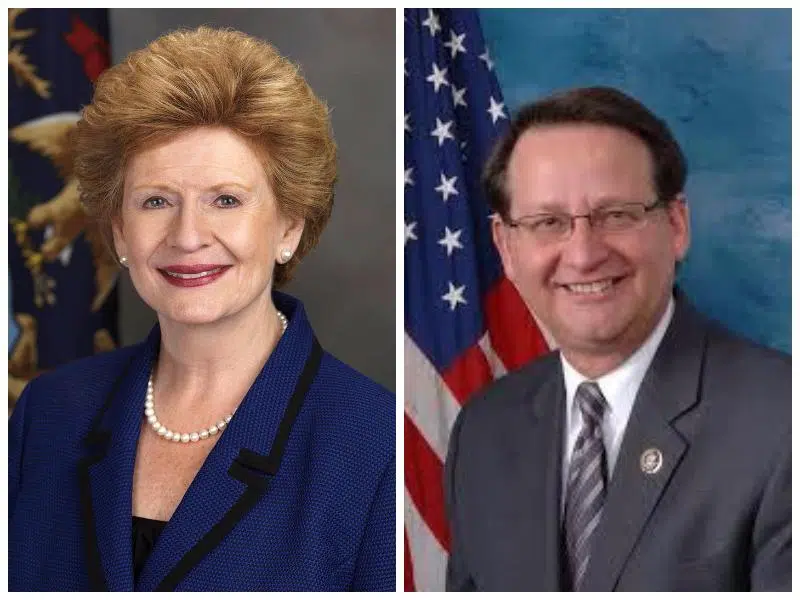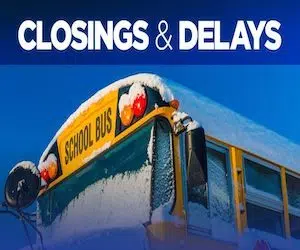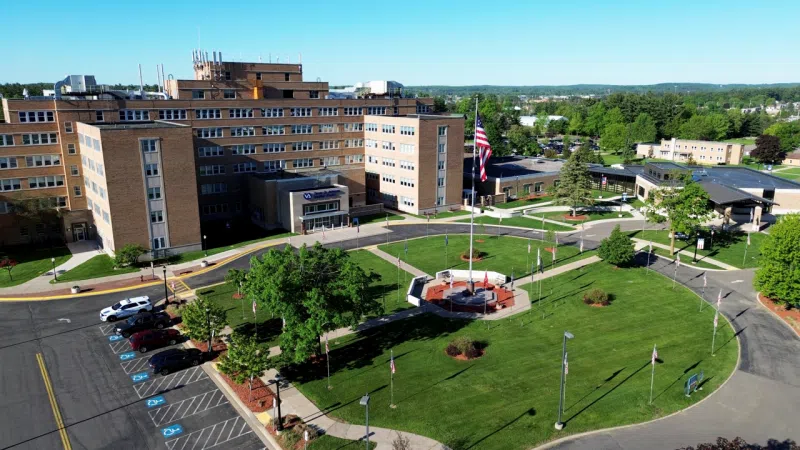U.S. Senators Debbie Stabenow, Co-Chair of the Senate Great Lakes Task Force and Gary Peters, member of the Senate Great Lakes Task Force, as well as 10 of their colleagues last week led a bipartisan Great Lakes Task Force letter urging the Army Corps of Engineers to allocate and request funding for projects critical to the Great Lakes. In a letter to R.D. James, Assistant Secretary of the Army (Civil Works), the Senators requested funding for projects critical to stopping Asian carp, maintaining the Soo Locks and funding a new Poe-sized lock as well as funding for the Great Lakes Coastal Resilience Study.
“The USACE is undertaking multiple efforts to stop Asian carp from reaching the Great Lakes. These actions are critical to protecting the Great Lakes ecosystem and our $7 billion recreational fishing and $16 billion boating industries,” wrote the lawmakers. “Accomplishing this objective requires funding to complete the Brandon Road Lock and Dam Chief’s Report and proceed to Preconstruction Engineering and Design (PED); address multiple pathways for Asian carp to enter the Great Lakes; and ensure the electric dispersal barriers are operational.”
“It is imperative that sufficient funding be provided to operate and maintain the Soo Locks,” the lawmakers continued. “In addition to the funds necessary to maintain and operate the Soo Locks, we ask that you include $74 million in the FY2019 work plan and $92 million in the FY2020 budget request to enable the USACE to begin the initial work necessary to construct a second Poe-sized lock.”
“This study proposed by the USACE, in consultation with Great Lakes states, would be a first-of-its-kind effort to develop a coordinated strategy to manage and protect the Great Lakes’ and its 5,200-mile coastline from threats associated with lake level fluctuations, erosion, flooding, nutrient runoff, and aging infrastructure,” the lawmakers also wrote. “We were disappointed that last year’s budget did not request funding for the Great Lakes Coastal Resiliency Study. To rectify this decision, we urge the USACE to allocate $1.2 million for the study in the FY2019 work plan and include $3.6 million for it in the FY2020 budget request.”






















